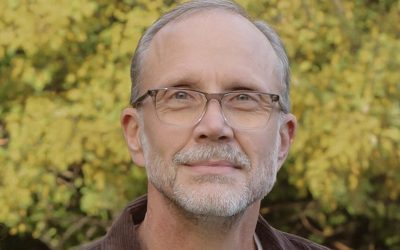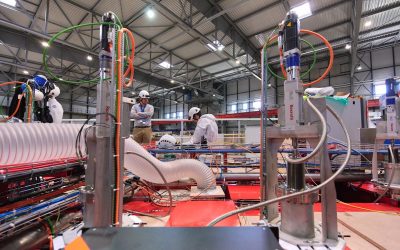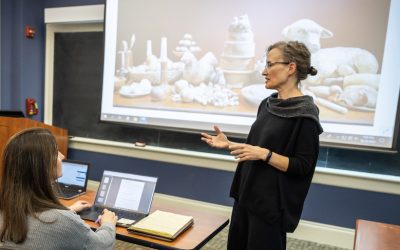Cathy N. Davidson explores the future of higher education at Drew University lecture
September 2019 – Renowned educator and scholar of technology and cognition Cathy N. Davidson brought her expertise on the past, present and future of higher education to Drew University.
Enlarge
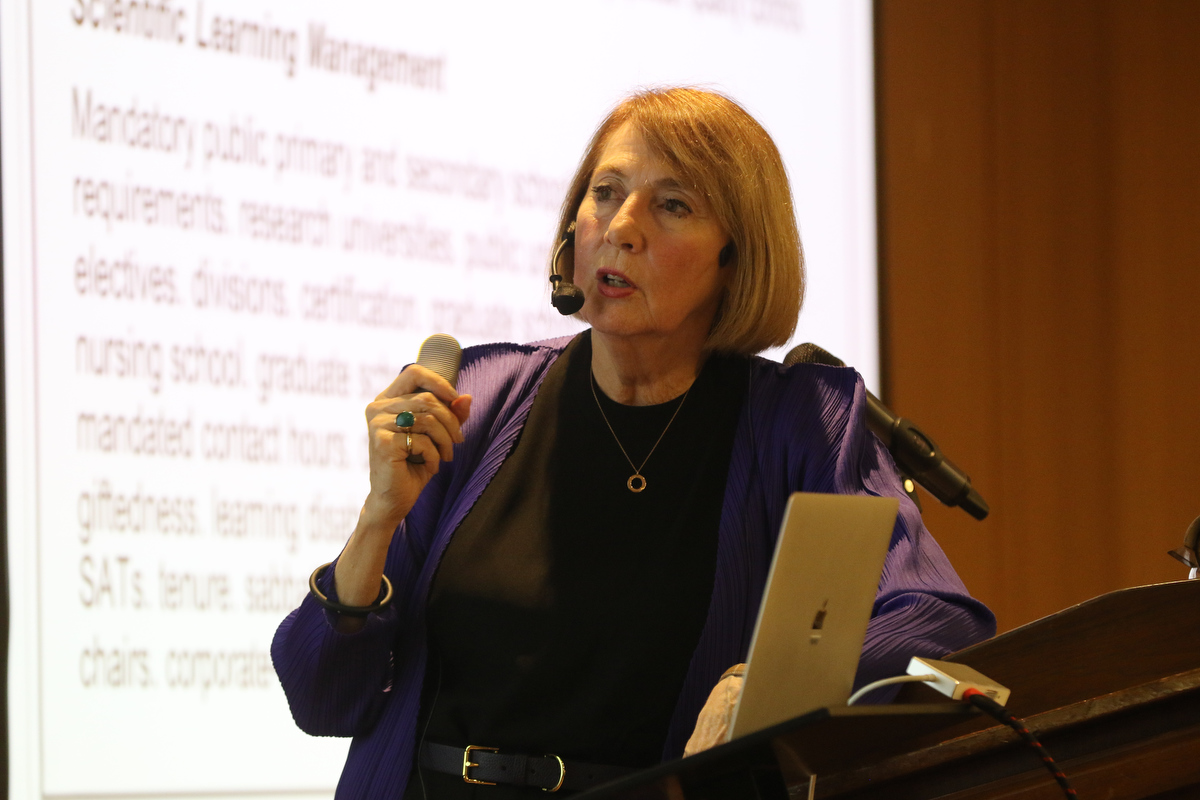
At the first Drew Forum event of the season, generously supported by the endowment for the Merrill Maguire Skaggs Lecture series, Davidson lauded Drew’s new Launch learning experience and offered recommendations on how to fix higher education.
Launch is where higher education should be going
“Launch … is a great model. My whole philosophy is that for 150 years education has been based on the final exam and the course and the graduation, full stop. And what I think is wonderful about a school that has a motto [like Launch], is that I think if we’re going to do one thing to change education, it’s to think of graduation as the launching pad for what comes later; not the end point, but actually the beginning point of everything else. That change changes everything about higher education.”
Learn how to become an expert
“Our modern university was set up so the person at the front of the room had all the answers, and all those students out there had to learn [the professor’s] answers and be able to repeat them on their exams. ‘I’m the expert, you learn from me.’ I think we have to switch that and that what you learn in college shouldn’t be learning from an expert, but what it takes to become an expert. That means not just learning content, but learning how you apply content. ‘I want you to know what I know because I sorted [the information] for you.’ That doesn’t teach you how to sort. That’s the revolution I think is important.”
Envision a different classroom
“What if classrooms were structured for a life beyond school, for addressing problems that don’t have answers, for asking tough questions? What if the classroom was structured not for the three people that shot up their hands [to answer a question], but for the inclusion and participation of every student and the realization of the abilities of every student. What if it were restructured for collaboration and community—how to learn from the person next to you?”
Enlarge
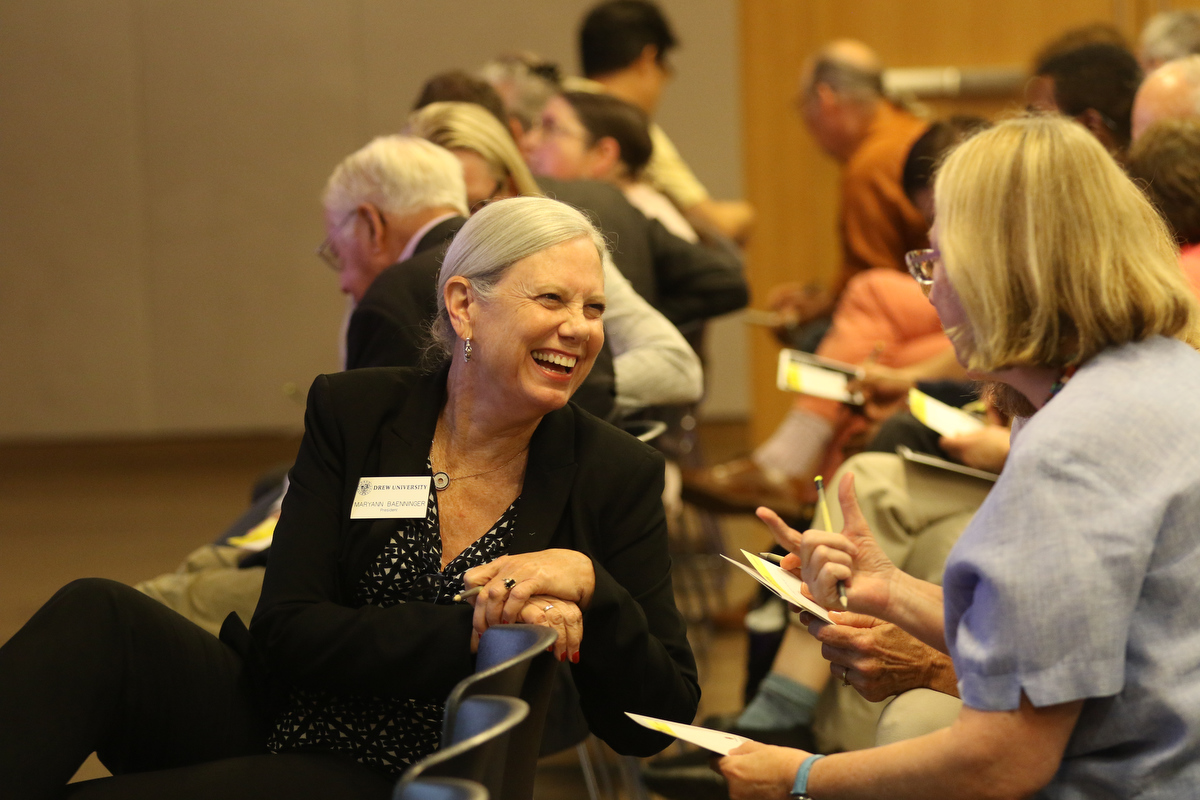
Total participation teaching techniques at work
Davidson led a “Think-Pair-Share” exercise where audience members collaborated and engaged with one another.
“Did you see how hard it was for me to get your attention back? That’s education! If you’re in a class and you have to fight to get your students’ attention because they’re so intrigued with their ideas, that is a win! It isn’t just a win for that moment. It’s a win for a lifetime, because you’re teaching every student to raise their hands, that they are somebody, that their idea matters, that somebody listened to them—the person next to them.”
How can we predict student success if not by standardized tests?
“It turns out professors’ recommendations of students are far more reliable predictors of who’s going to do well in graduate school than GREs are. High school, same thing. Teachers are much better predictors of who’s going to do well in college, and at what level, than SATs and ACTs are … Teacher evaluations of students are much fairer … and more egalitarian than the SATs because you take out the economic component … Basically, teachers are right!”
How can we start changing higher education?
“If you’re a faculty member, your classroom could change tomorrow … Being creative and doing student-centered learning, you could do tomorrow. You have control over that. And I also think that’s how change and activism work best. You do something, you’re successful at it, and then you aim higher. If we change a class, maybe we can change the English department.”
Read about what Olivia Yepez C’22 took from Cathy N. Davidson’s student discussion here.
